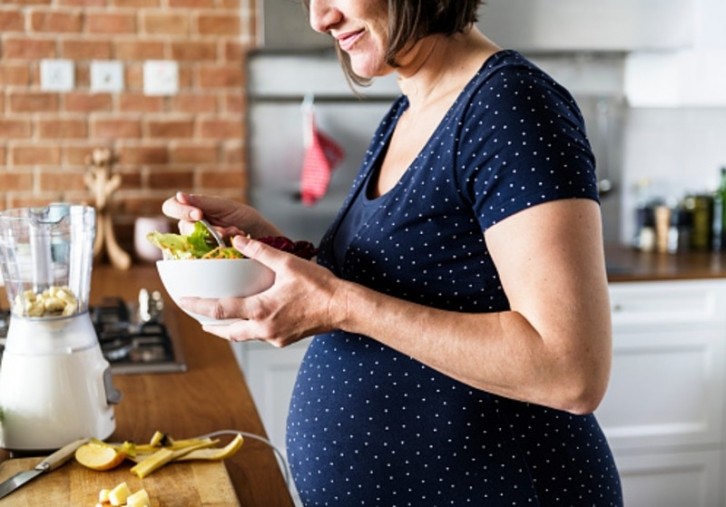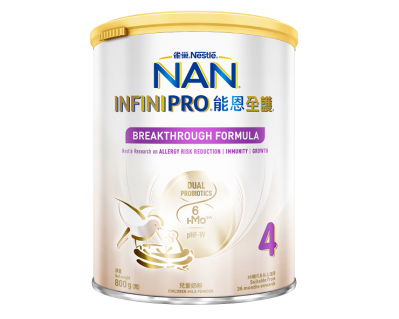Improving outcomes: Vitamin, probiotic supplementation pre-conception has major potential to boost long-term infant health

The study, dubbed the Nutritional Intervention Preconception and during Pregnancy to maintain Healthy Glucose Metabolism and Offspring Health or NiPPer trial was conducted by scientists from the National University of Singapore, the University of Auckland and the University of Southampton.
This was a randomised controlled trial conducted on 1,729 women, which essentially gave participants in the intervention group a nutritional supplement containing vitamin B2, B6, B12, vitamin D, zinc as well as the signalling component myo-inositol and the probiotics Lactobacillus rhamnosus and Bifidobacterium animalis sp. lactis.
“Amongst the major outcomes we found for the intervention group were increased plasma concentrations of these nutrients with good adherence, [meaning that] the fetus was benefitting from the supplement, and also a shortening in time-to-conception for overweight women, as well as reductions in preterm births,” NUS lead investigator Professor Chan Shiao-yng told the floor at the recent Growth Asia Summit 2023 in Singapore.
“It reduced the length of the second stage of labour from 60 minutes to 44 minutes, which helped to reduce blood loss and reduce major postpartum haemorrhage cases.
“Even after birth, the concentrations of vitamin D and zinc in the breast milk of mothers that had taken the intervention from the pre-conception up to delivery, and the persistence of this effect lasted for weeks in the breast milk even after stopping the intervention, passing on the benefits to the child.”
Most crucially, the children born from these mothers observed a significantly lower risk of child obesity at two years of age.
“Overall, the children born to the intervention group showed less weight gain between birth and two years of age, according to measurements of their height and weight to obtain Body Mass Index (BMI) scores,” she added.
“This is significant as it reduces the risk of the children suffering from childhood obesity at this age, which can have long-term impacts on their well-being.
“As such, there is certainly potential for pre-conception supplementation via nutrition and diet to shape the long-term health of the infants – these may only result in small changes in maternal health status, but they could potentially have tremendous impact on the children’s health.
Less impactful for the mothers
The NiPPer trial had originally also hoped that the study would yield findings on how nutritional supplementation could improve gestational diabetes.
“Gestational diabetes can result in high foetal insulin and C-peptide (a marker of insulin) levels as the glucose can transfer to the foetus in the womb, which can have many negative outcomes,” Prof Chan added.
“These include higher likelihoods of becoming overweight or suffering from metabolic syndrome, even into their teenage years.
“Gestational diabetes can also cause delayed or interrupted skin-to-skin as it increases the likelihood of emergency caesareans, perineal trauma, postpartum haemorrhages and neonatal unit admissions for the child; in addition to the potential delayed onset of lactation and altered breast milk composition.
“At this point we have not observed significant effects on gestational dysglycaemia (a condition that includes diabetes, impaired glucose tolerance, and impaired fasting glucose levels, [but] more work is currently on-going to identify the key components of the NiPPeR intervention that were underlying each outcome.”























